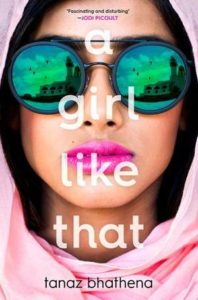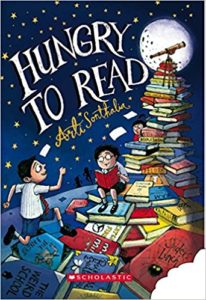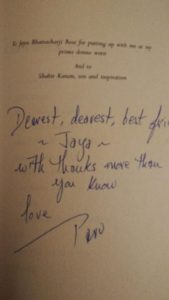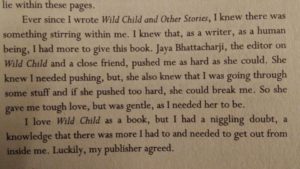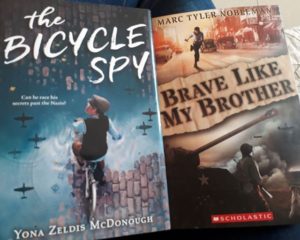Katherine Rundell “The Explorer”
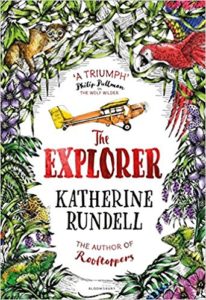 Katherine Rundell’s The Explorer is about four children who crashed in the Amazon jungle. They do their best to figure out the jungle and how to survive till they come across a cranky explorer. He is as surprised as they are about each other’s existence in the jungle. Nevertheless he takes charge and rather gruffly guides them on what to eat and what not to eat in the jungle. It is he who ultimately helps the children leave the jungle and return home for which they are eternally grateful.
Katherine Rundell’s The Explorer is about four children who crashed in the Amazon jungle. They do their best to figure out the jungle and how to survive till they come across a cranky explorer. He is as surprised as they are about each other’s existence in the jungle. Nevertheless he takes charge and rather gruffly guides them on what to eat and what not to eat in the jungle. It is he who ultimately helps the children leave the jungle and return home for which they are eternally grateful.
The Explorer as with the novels Katherine Rundell writes is inspired by a historical fact. It becomes the basis of her 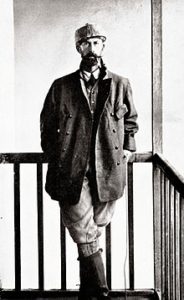 fiction for young adults. For this particular novel it was the British geographer and explorer Peter Fawcett who was an artillery officer “with an astonishingly tough constitution and enough moustache for three men.”
fiction for young adults. For this particular novel it was the British geographer and explorer Peter Fawcett who was an artillery officer “with an astonishingly tough constitution and enough moustache for three men.”
He spent much of his life in search of what he called the City of Z, a city he imagined as richly sophisticated and peppered with gold.
In 1925, shortly after crossing the Upper Xingu, a south-eastern tributary river of the Amazon, he and his two companions disappeared. He was never heard from again.
Katherine Rundell has an eye for incredible detail in the storytelling making the action and landscape come alive on every page while at the same time the scrumptious illustrations are a bonus. In The Explorer it is the tiny details of jungle life, the behaviour of sloths, what kind of beans are appropriate to eat or not, descriptions of the river bank and the foliage — all ring true and understandably so, given the amount of research Katherine Rundell puts in for every book.
There was so much to look at; so much that was strange; so much that was new and vast and so very palpably alive.
The trees dipped down their branches, laden with leaves broad enough to sew into trousers. He passed a tree with a vast termite nest, as big as a bathtub, growing around it. He gave it a wide berth.
The greenness, which had seemed such a forbidding wall of colour, was not, up close, green at all, Fred thought. It was a thousand different colours; lime and emerald and moss and jade and a deep dark almost black green that made him think of sunken ships.
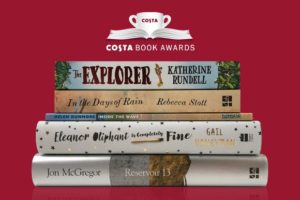 Fred breathed in the smell. He’d been wrong to think it was thick, he thought; it was detailed. It was a tapestry of air.
Fred breathed in the smell. He’d been wrong to think it was thick, he thought; it was detailed. It was a tapestry of air.
The story itself about the children coming together on this adventure is so beautifully done wherein the individual personalities remain distinct but ever so slightly as the story progresses they also bond as a team. It is a triumph in storytelling for young adults — they who are at the cusp of adulthood but not too far from childhood and love imaginative storytelling. Hence it is absolutely wonderful that The Explorer won the Costa Book Awards 2017.
Katherine Rundell The Explorer ( Illustrated by Hannah Horn) Bloomsbury, London, 2017. Pb. pp.
2 May 2018

